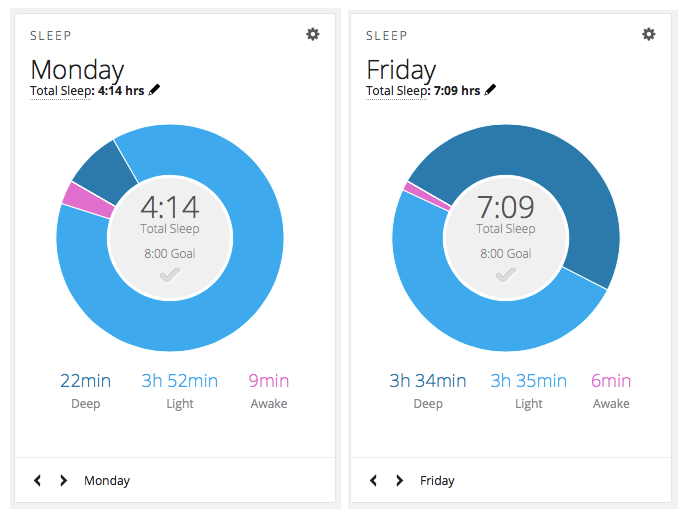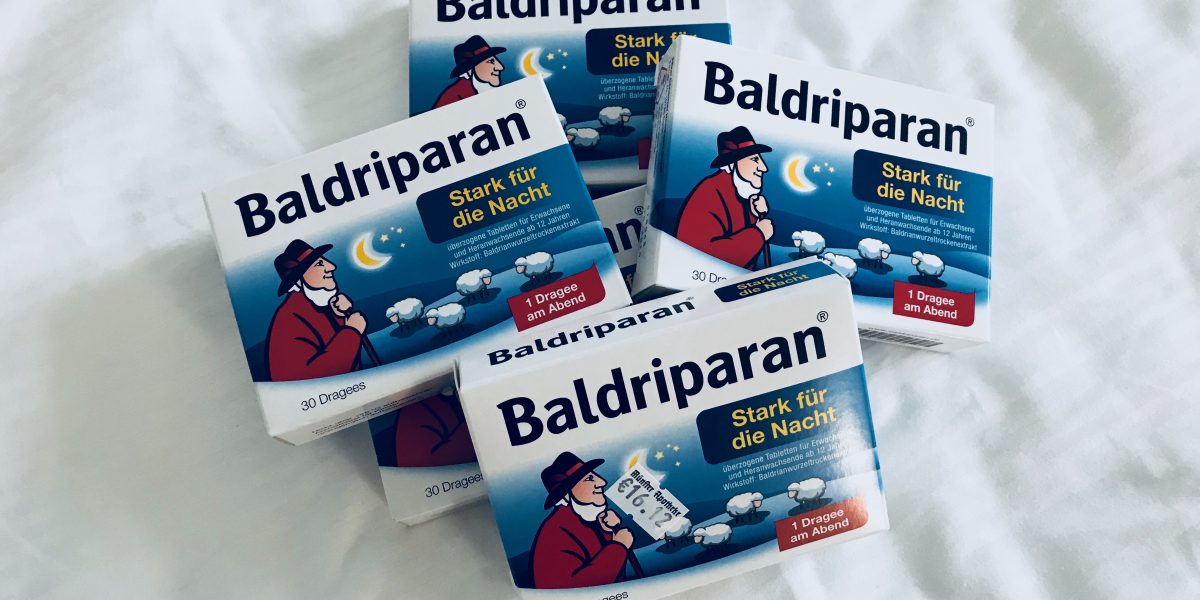I am actually someone that almost never has a problem sleeping. As such, I never knew about sleep aids before coming here. Now, I’m a believer!
Fasting reduces your need to sleep
I’ve heard two different few theories on the why fasting reduces the need to sleep (and numerous more on the mechanisms which I won’t cover here):
- It’s an evolutionary mechanism designed to allow you to hunt when you don’t have food
“From an evolutionary perspective, this makes sense,” [Matt] Thimgan says. “If you’re starving, you want to make sure you’re on the top of your game cognitively, to improve your chances of finding food rather than becoming food for someone else.” – Science Daily
- You need less rest because you’re not digesting, which takes 10% of your energy by itself
In any case, I’ve been experiencing this personally and getting less sleep.
Sleeping less makes your body work harder
The nurse here didn’t like my lack of sleep because of my high blood pressure and asked that I take a natural sleeping aid to keep it down. In her experience, sleeping less makes the body work harder and results in higher blood pressures.
I checked with the doctor, too. She confirmed that the natural sleeping aid was not addictive, and also she echoed the recommendation. She told me that the “old fasting doctors” used to just tell people to go on with less sleep, but this is changing.
I have been using my Garmin watch to measure sleep. Here are a couple of examples, both on a bad blood pressure day (Monday) without the sleeping aid, and on a good one (Friday) with the sleeping aid:

I have had varied nights following the recommended dosages and deviating from them, and my data does appear to support the assertion that more sleep (particularly “deep sleep” as measured by the Garmin) is associated with better blood pressure readings.

By this, I should be targeting about 3 hours of deep sleep per night while fasting.
Baldirapan to the rescue!
So, what is this sleeping aid? It’s called Baldiparan, derived from valerian root. Valerian is a flower, and the remedy has been used since Ancient Greece. The product is marketed here in Germany by Pfizer. It totally works for me! My recommended dosage was:
- one pill 1 hour before bed
- one pill immediately before going to bed
- one pill when I wake up prematurely. This one is actually kind of tough. Last night, I was too lazy to take the last pill in the middle of the night, tossed and turned, and then ended up waking up to work on the blog post — only to have a high blood pressure reading!
While there are other formulations of Valerian, this one by Pfizer doesn’t appear to be marketed in the US. The clinic sells it for €16 for 30 pills. I just bought a bunch at Mũller for under €12 for 30 pills. I had to stock up because this particular formulation isn’t economical in the US! (You can get other valerian root supplements, but I don’t know how effective they are!)
It’s a bit infuriating that Pfizer doesn’t market the same product in the US, but it’s clear that they’d rather sell patented drugs than natural products. That’s a topic for a different discussion.
The basic point here is that sleeping does appear to help get through fasting, and there are natural, non-addictive sleeping aids to help the fasting process along. I’m taking some home for future fasts, as well as any other time I can’t sleep. Just passing along the information!

Leave a Reply